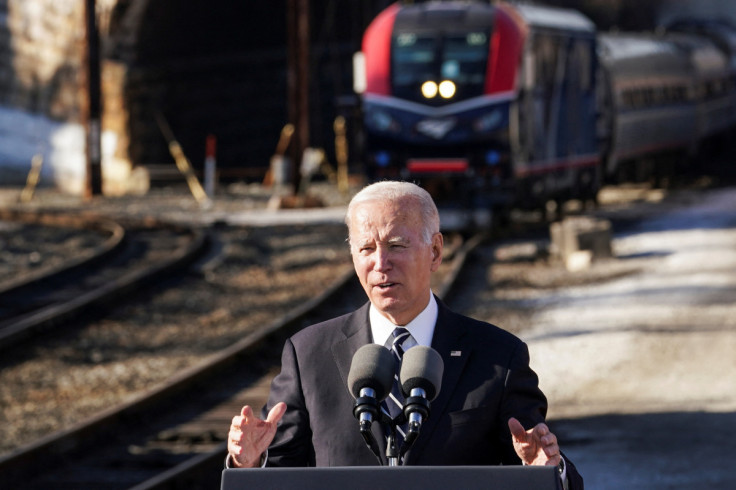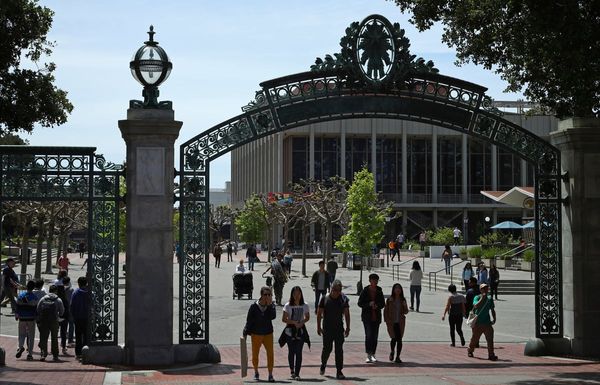
President Joe Biden witnessed firsthand the extensive cleanup operation at the site of the collapsed Francis Scott Key Bridge in Baltimore on Friday. He observed the intricate efforts involving cranes, ships, and diving crews working diligently to reopen one of the nation's vital shipping lanes, describing the scene as a "mangled mess."
"I'm here to say, your nation has your back, and I mean it. Your nation has your back," President Biden assured local officials and recovery workers during his visit. "My commitment is unwavering: we will not rest until the cement has dried on the entirety of a new bridge," he was quoted as saying by ABC News.
The White House also confirmed that President Biden held a meeting with the families of the victims in close proximity to the bridge, expressing his heartfelt condolences and providing support in their time of grief.
As Marine One circled above the wreckage of the collapsed bridge, President Biden got his initial close-up view of the destruction. Upon landing, he was briefed by local officials, the U.S. Coast Guard, and the Army Corps of Engineers on the ongoing efforts to clear the debris and the impacts of the incident on the surrounding area.
According to the Associated Press, Biden took a moment to personally thank the police officers who played a crucial role in diverting traffic away from the bridge just moments before the ship collision, a move that undoubtedly prevented further loss of life.
President Biden additionally disclosed that several major employers impacted by the bridge collapse, such as Amazon, Home Depot, and Domino Sugar, have pledged to retain their employees on payroll until the port reopens. This announcement comes after extensive efforts by state and federal authorities to alleviate the economic repercussions of the incident through outreach initiatives in recent days.
Amid ongoing inquiries into the funding for the promised rebuilding endeavors, President Biden's visit to the collapse site highlights the pressing need for clarity and action in addressing this critical aspect of the recovery process.
The Federal Highway Administration has swiftly allocated $60 million in emergency relief funds to kickstart the recovery efforts. While the precise cost of the collapse remains uncertain, experts project that the recovery process will require a minimum of $400 million and approximately 18 months to complete.
This incident marks the second significant disaster to strike the bustling northeastern corridor in as many years. Just last summer, an overpass on Interstate 95 in Philadelphia was engulfed in flames and collapsed following a collision with a tanker truck. Prompt action by federal and state authorities facilitated swift temporary repairs, leading to the reopening of that section of the highway ahead of schedule.







